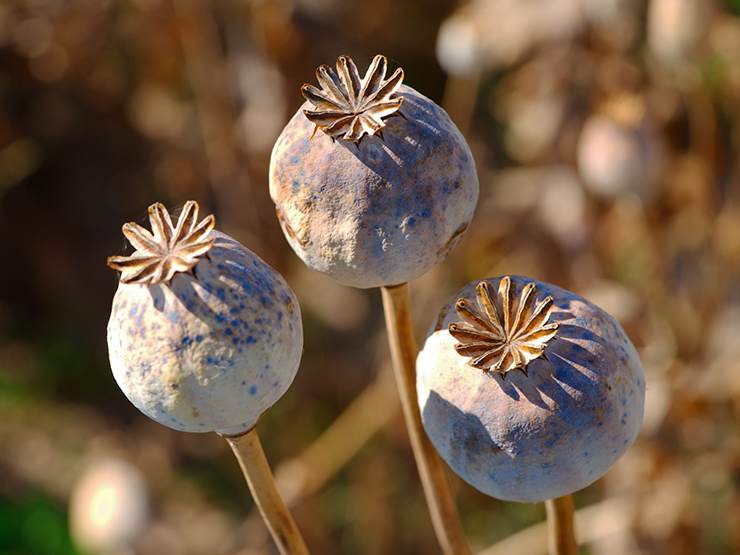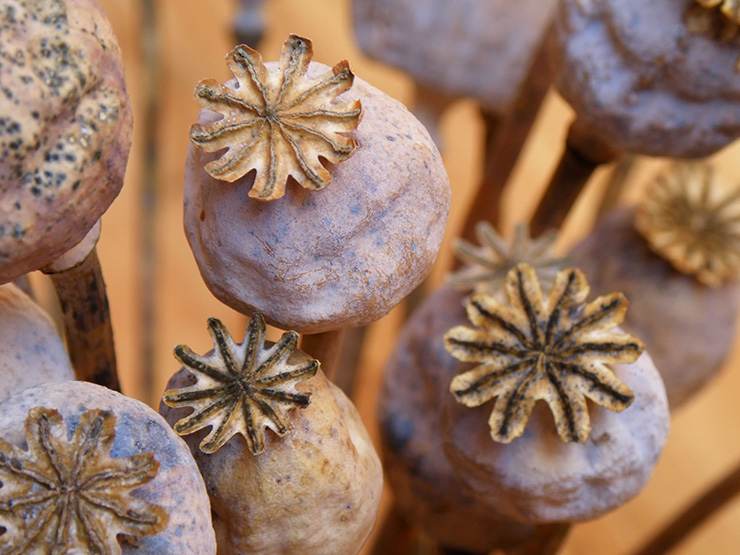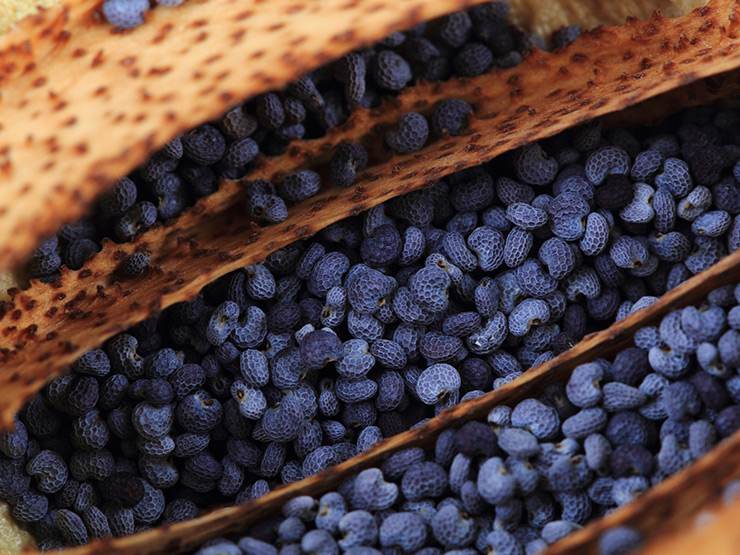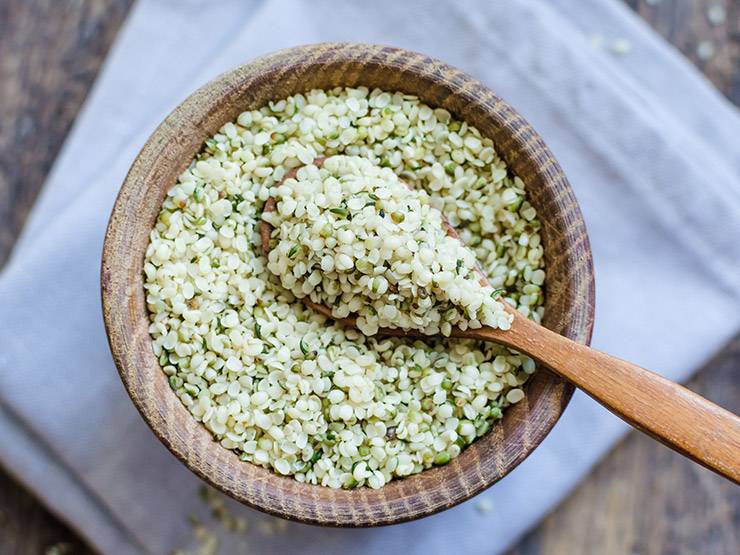Seeds are the holy grail of bird diet. Whether granivores or omnivores, seeds are given for bird food, store-bought, or homemade.
What most first-time bird parents mess up with is having the predisposed idea that all seeds remain safe for birds. The key is to research and research.
In one of my previous blog posts, I covered a seed with quite a scandalous origin of the infamous hemp seeds!
I’ve been subconsciously looking for another oh-so-scandalous seed in the birdseed mixes.
Since spring is right around the corner, the big box stores are stocking up on local perennials.
One of which was none other than poppies!
I knew I had to cover poppy seeds next; because what seed can be more wrongly problematic? You can feed poppy seeds to birds after a lot of processing is done.
Why? Well, they have risks of their own! Without further ado, keep reading to learn about the safety and risks of poppy seeds!
Are Poppy Seeds Safe for Birds?
Poppy seeds are infamous due to their origin, (cue: poppies).
Poppies have a lot of usages for medicinal and oriental purposes, but of course, they’re mostly known for being poisonous.

The chemical compound that causes poppy flowers to be poisonous is opioid alkaloids.
However, Poppy seeds are perfectly safe for consumption; however, there are a lot of ifs and buts involved.
For instance, not all poppy seeds are safe. Only food-generic poppy seeds are safe for consumption.
The reason is that we can’t be aware of the concentration of thebaine in each type of poppy seed.
Another concern with poppy seed consumption is the prep process of these seeds. Each year, multiple cases report a surge of poppy poisoning due to drinking poppy seed tea and raw poppy seeds.
However, studies have shown that up to 50-60% concentration of alkaloids are reduced when soaking poppy seeds, whereas, with baking or steaming, there isn’t any significant decrease.
What Are the Benefits of Poppy Seeds?
All of these works and risks must be worthwhile, right?
In this section, we’re going to assess whether the benefits of poppy seeds make them an exceptional addition to our bird’s diet.

Here’s a thorough list of all the benefits poppy seeds add to your bird’s health:
1. Rich in Trace Minerals
Trace minerals are pre-existing minerals in our body that birds don’t require to consume externally.
It just so happens that poppy seeds are chock-full of trace minerals. Some of the benefits of those trace minerals include:
- Manganese – It aids the body in forming connective tissues and plays a role in the metabolism of other nutrients. Poppy seeds contain up to 26% of RDI of manganese in each serving.
- Copper – It plays a part in several functions, such as the production of red blood cells and the absorption of iron. Poppy seeds boost copper intake by up to 16% of the RDI.
- Iron – It is a vital mineral required for growth and development. Poppy seeds fulfill almost 5% of the iron requirements of the body.
- Zinc – It has similar functions to manganese but aids thyroid function and the immune system as well. Poppy seeds take up the RDI for zinc up a notch by 6%.
2. Good Source of Fatty Acids
Of all the seeds out there, poppy seeds are the one with the least unhealthy fat content as it contains only mono and polyunsaturated fat, also known as unsaturated fats.

Unsaturated fats like Omega-3 and Omega-6 are essential to regulate circulatory health and other bodily functions. Studies have shown that consuming omega-rich food reduces heart attacks and CVD by 17%.
Unfortunately, birds have weaker digestion than humans, and even humans cannot digest high concentrations of polyunsaturated fats, which poppy seeds spike with ease. Consuming poppy seeds may lead to inflammation and diseases.
3. Aids Digestion
Besides being a good source of polyunsaturated fat and trace minerals, poppy seeds are also packed with fiber, which is one of the primary requirements of a bird’s diet.
Along with protein, fiber is the second most vital nutrient as it provides roughage to aid with digestion. It prevents intestinal damage and diseases.
After jotting down all the benefits of consuming poppy seeds, do you think it’s worth poisoning your bird for benefits it might not even be able to cherish?
If not, then you will love the next section of the article for sure!
What Are the Alternative Foods to Poppy Seeds?
It’s heartbreaking to know the food that provides plenty of benefits for your bird but becomes a no-no due to toxicity.
That’s why I curated a list of foods that will provide all the nutrients poppy seeds can while remaining perfectly safe:
- Legumes
- Leafy Greens
- Quinoa
- Barley
- Oats
- Fruits
The list of foods can go on and on. But there is this one food that requires an honorable mention of its own.

Of course, it’s none other than hemp seeds!
Hemp seeds provide the best of both worlds as it provides both protein and fiber, along with other vital nutrients. You can read more about hemp seeds in this article.
As scandalous as both seeds may be due to their origin, that’s where the similarity ends. Hemp seeds remain perfectly safe whereas poppy seeds remain a big hassle and not to forget, poisonous.
Frequently Asked Questions
In this section, I will answer some of the questions that must be wandering in your mind right now. Let’s get onto it!
Can Pet Birds Eat Poppy Seeds?
Pet birds are not used to all diets; hence it’s important to consult your vets before adding anything new. Especially seeds like a poisonous poppy.
Can Wild Birds Eat Poppy Seeds?
Wild birds are keen on discerning the safe and toxic foods in the wild. Poppy seeds are generally toxic, which is why many wild birds may not eat poppy seeds if offered on their own or mixed into other food.
Can Birds Eat Poppy Seed Heads?
Of all the parts of a poppy, only the seeds are edible after all that hassle. Poppy seed heads are just as toxic as running around in a poppy field.
In other words, birds cannot consume poppy seed heads.
Final Remarks
In conclusion, poppy seeds are edible for birds after a lot of processing in which some nutrition may be lost. With the little to no benefits poppy seeds offer, is it worth the hassle?
In my books, poppy seeds are a big no. Yet, if you want to opt for them, make sure to consult your vet before adding any to your bird’s diet.
In my garden the poppies have been self-seeding for years. I allow them to grow amongst the vegetables because they’re so beautiful and because after the blooms are gone some little yellow birds show up and go crazy over them. Yesterday the birds showed up for the first time this summer, and they were all singing like crazy. I think they were spreading the news that the seeds are ready.
Hello Wendy,
Thank you for sharing your story! Enjoy your birdwatching adventures.
Best,
David